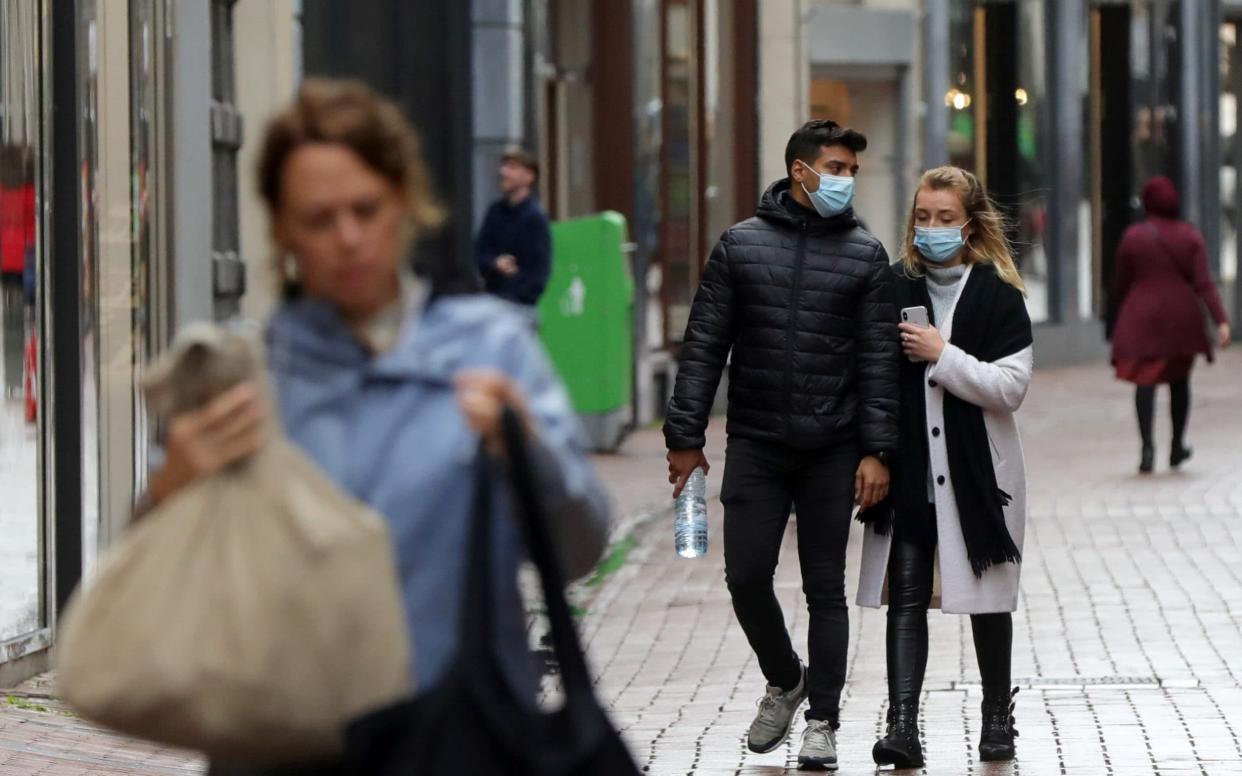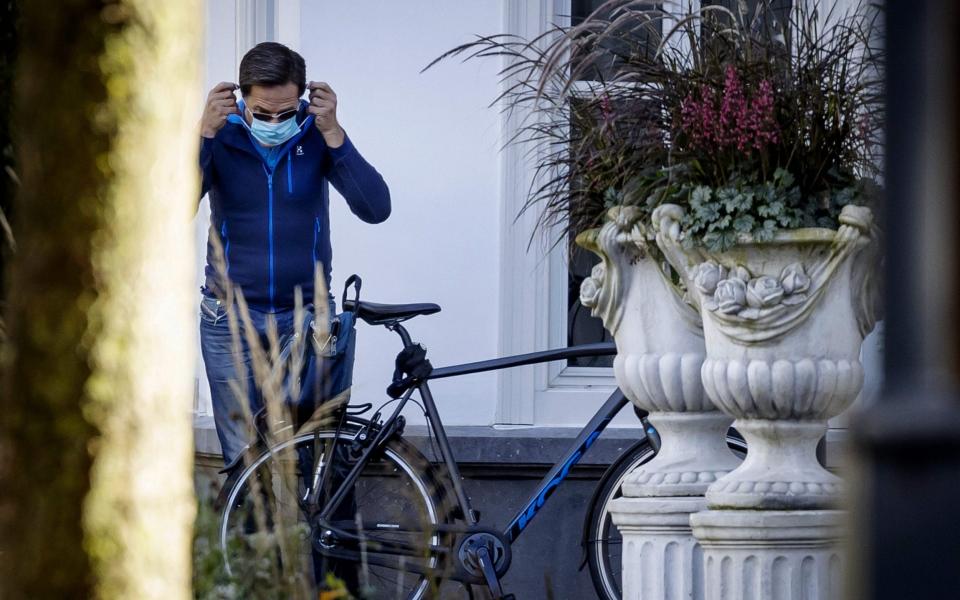Netherlands records soaring case numbers despite faith in 'intelligent' lockdown

It prided itself on a successful ‘intelligent’ lockdown earlier this year, but criticism is growing in the Netherlands as infection rates near the top of European charts.
Statistics suggest 20-30 year olds are driving the flare, which is acute in Amsterdam, Rotterdam and The Hague.
On Sunday, the ECDC recorded the 14-day cumulative number of Covid-19 cases per 100,000 people as 345 in the Netherlands, with only Belgium and the Czech Republic higher. The UK's cumulative case number stands at 242.
In a press conference on Friday, prime minister Mark Rutte was uncharacteristically prickly when urging 17.4 million Dutch people to follow the rules: a 10pm curfew for nightlife, facemasks advised in public spaces, three guests maximum in houses and an appeal to work from home.
“We aren’t keeping to the rules enough,” said Mr Rutte. “There are too many people, young people but also other groups, who think it will be okay for them. But it’s not okay: it’s completely predictable that if lots of young people are infected, they infect their parents and then their grandparents.”

The prime minister has given the country another 24 hours to see a turnaround in infection rates, to account for a time lag before measures introduced on September 30 take effect. But criticism is growing and yesterday the head of the country’s intensive care association Diederik Gommers called for a full lockdown instead of “half-baked measures”.
Some experts believe the situation stems from a Dutch liberalism normally seen as positive. “Tolerance” policies mean tourists can flock to Amsterdam to buy cannabis from coffeeshops - strictly speaking, illegally - while plenty of freedom makes Dutch children some of the world’s happiest.
This doesn’t encourage people to fall in line, according to University of Amsterdam anthropologist and associate professor Danny de Vries.
“We have an attitude of being flexible with the rules, if it seems logical,” he says. “If you go to the beach and see you can’t have a dog but there’s no-one on the beach, you think: ‘Who cares?’ The Dutch aren’t very good at enforcing many rules either, and there’s very little consequence to breaking them compared with the US.”
A spokesman for the Dutch justice ministry insisted to The Telegraph that enforcement isn’t the problem. “The increasing infections have come in the last few weeks, and before then we had a period when the number of infections remained at a very low level,” he said.
“I see no relationship between the increasing infections and lack of fines. The overwhelming majority of people in the Netherlands keep to the required rules perfectly well without being obliged to do so.”
However, many Dutch now want stricter rules. Research last week showed 66 per cent of people thought the government should introduce tougher measures, compared with 37 per cent in September.
“Mark Rutte doesn’t think he should tell us what to do,” says economist Mathijs Bouman. “It worked in the first round and we had a great summer, but the problem is it’s not forceful enough in the second wave. People are fed up with being nice. You can only be a good citizen for so long: we need more strict rules.”

